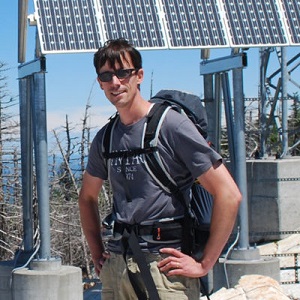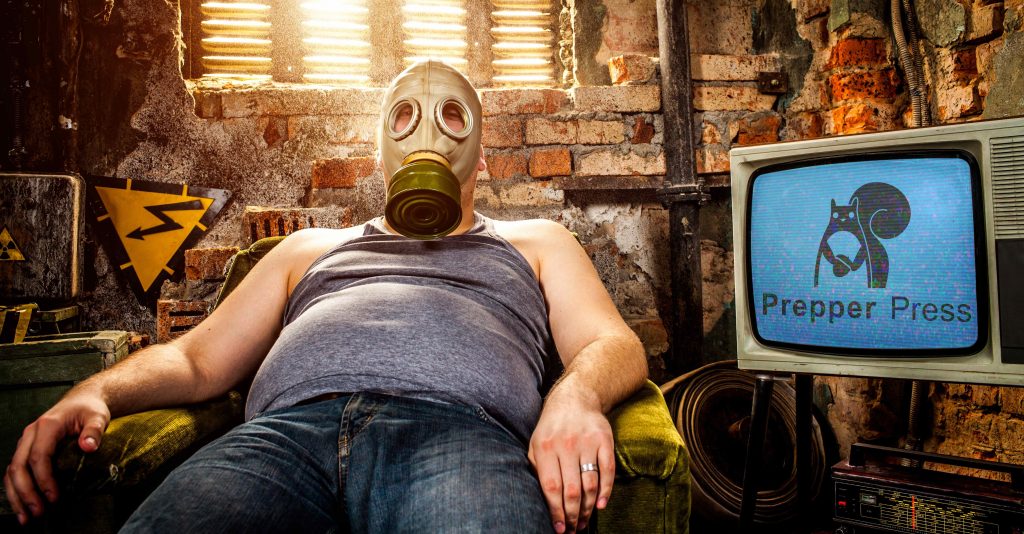I have been writing about preppers and prepping since 2007. I have been a prepper since before that. The prepper market, perceptions, stigmas, and preppers themselves have all changed a lot over that time. What was fringe and extremist just a decade ago, is now widely accepted as a practical thing people should do. The growing acceptance (and embrace) of prepping directly coincided with different natural disasters and incidences of social strife. The current COVID pandemic is no exception, with the New York Times now declaring Everyone’s a Prepper.
“Prepping” is now represented by people of many different ethnicities, socio-economic backgrounds, and political ideologies.
For even longer than I have been a prepper, I have been a fan of post-apocalyptic fiction. Books and movies. I grew up in the 80s, after all. The era of the Cold War, fear of nuclear annihilation, and a whole influx of post-apocalyptic movies to reflect those apocalyptic fears.
To me, it seems obvious that someone who has an interest in the post-apocalyptic would also have an interest in prepping, and vice-versa. That is not always the case, however. In fact, often it is not.
Wasteland Weekend
Before COVID shut mass gatherings down, I was making plans to attend the annual Wasteland Weekend event. I was going to do this as part of my business, Prepper Press, with a plan make a series of YouTube videos, get written content in various forms, etc. In my talks with a few of the founders of the event and others who attend, I was warned a few times that if I am coming for prepper purposes, it’s not the same crowd.
This came as no surprise. People attending Wasteland Weekend seemed into it for the art of costuming, mechanics who built flame-spewing war rigs, and general creatives who just wanted to have a good time in the desert. Most also attended from southern California, an area not usually known as prepper country. That didn’t matter. I wanted to help introduce preppers to the post-apocalyptic crowd.
Preppers and Post-Apocalyptic Media
This is not to say that preppers do not appreciate post-apocalyptic fiction, however. When you spend a lot of time, attention, and money preparing for some theoretical TEOTWAWKI event, it’s only natural that you would imagine life after that event. Books, movies, and televisions shows facilitate that imagination. Older preppers would often recall their favorite PA books with me, On the Beach, Lucifer’s Hammer, and No Blade of Grass as examples. Road Warrior was mentioned as often as Red Dawn was for movies.
Blurring Lines
I see a greater blurring of lines between fans of post-apocalyptic fiction and the prepping community. I suspect this is in part a byproduct of individual interests in each. New preppers begin to look forward, imagining the post-collapse future and find themselves turning to PA films and books. Fans of PA media, on the other hand, start in the apocalyptic future, and work backward toward getting ready for it.
This is all just conjecture, of course. I have no idea if I am right or not, but it seems plausible. 2020 has been quite the year. It would be no surprise to see growing interests in both prepping and PA content. Will the two crowds blend closer together? I don’t know. Since a study shows people who like post-apocalyptic movies are better equipped for pandemics, maybe watching PA movies is prepping… in some strange way.
What do you think?

Derrick James – Guest Author
Derrick was a “prepper” well before Y2K, Katrina, and Covid-19. He founded SHTF Blog in 2007, when it was one of only a handful of prepper blogs. Derrick also founded Prepper Press in 2011, a survival blog and publisher of prepper books and entertainment.

